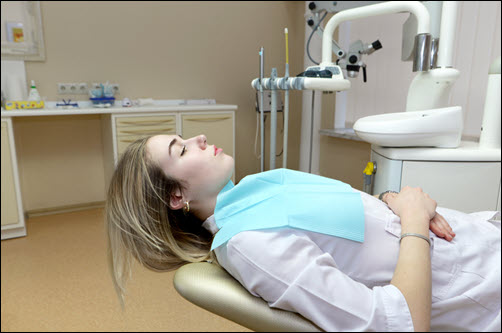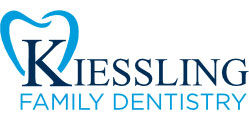Sedation Dentistry: A Comforting Embrace
Sedation dentistry represents a significant advancement in dental care. Also called “sleep dentistry”, it provides a comfortable and anxiety-free experience for patients who dread dental visits. This specialized approach incorporates various forms of sedation to relax patients before and during dental procedures. Sedation ranges from mild sedatives to help soothe nerves, to more profound options that can even make patients sleep through their treatment.
 The primary benefit of sleep dentistry is its ability to alleviate fear and anxiety. It makes it possible for individuals who might otherwise avoid the dentist to receive necessary dental care. This not only improves oral health in the short term. It also helps prevent more serious complications down the line. Sedation dentistry is particularly beneficial for patients undergoing extensive procedures. It allows them to be comfortable for longer periods, enabling dentists to work more efficiently.
The primary benefit of sleep dentistry is its ability to alleviate fear and anxiety. It makes it possible for individuals who might otherwise avoid the dentist to receive necessary dental care. This not only improves oral health in the short term. It also helps prevent more serious complications down the line. Sedation dentistry is particularly beneficial for patients undergoing extensive procedures. It allows them to be comfortable for longer periods, enabling dentists to work more efficiently.
Moreover, sleep dentistry can offer a solution for patients with a low pain threshold. Likewise, it helps those with a strong gag reflex, or individuals with special needs, making dental care accessible to a broader audience. By providing a more relaxed dental visit, sedation dentistry not only improves the patient experience but also enhances the quality of care received. Likewise, dental visits seem shorter when a patient is comfortable and relaxed, rather than anxious.
Safety is a top priority in sedation dentistry. Dental professionals are thoroughly trained in sedation protocols and monitoring. Patients are carefully assessed to determine the most appropriate level of sedation, ensuring a safe and comfortable experience tailored to their needs.
Sedation dentistry has revolutionized dental care. It makes it possible for everyone to access the treatments they need without fear or discomfort. Its ability to provide a relaxed and anxiety-free dental visit makes it a valuable option for patients and dentists alike. At Kiessling Dental, sedation dentistry is one of our specialty services.



 Understanding the Procedure:
Understanding the Procedure: